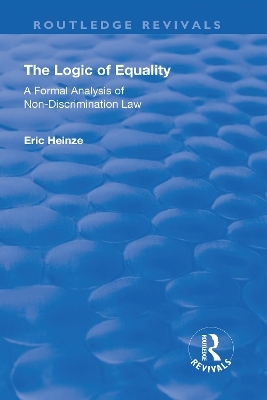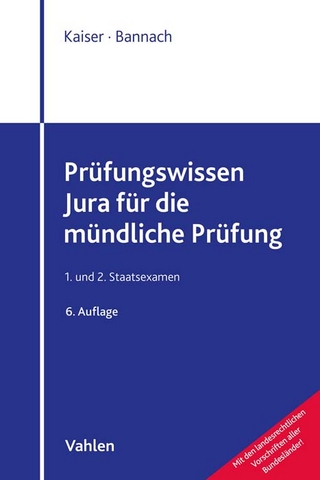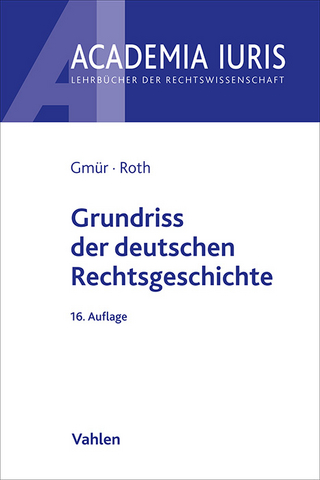
The Logic of Equality
A Formal Analysis of Non-Discrimination Law
Seiten
2017
Routledge (Verlag)
978-1-138-71555-4 (ISBN)
Routledge (Verlag)
978-1-138-71555-4 (ISBN)
This title was first published in 2003. Taking an original approach to the analysis of legal argument, The Logic of Equality identifies the structure of concepts such as 'sameness' and 'difference' and applies these to leading cases in non-discrimination law.
This title was first published in 2003. The Logic of Equality proposes a formal-logical method for examining the indeterminacy of legal discourse, using the example of the non-discrimination norm. It shows that the indeterminacy of a legal concept does not mean that it is completely chaotic - the indeterminacy of the non-discrimination norm arises out of, and presupposes, a determinate formal structure, which remains fixed and constant both within and across jurisdictions, regardless of institutional or doctrinal differences. To illustrate the argument, cases are presented from a variety of jurisdictions including the United States Supreme Court, the European Court of Human Rights, the European Court of Justice, and the German Constitutional Court. The book is aimed at theorists who are interested in the analysis of legal discourse, including comparative legal scholars and those who specialise in human rights and/or discrimination law.
This title was first published in 2003. The Logic of Equality proposes a formal-logical method for examining the indeterminacy of legal discourse, using the example of the non-discrimination norm. It shows that the indeterminacy of a legal concept does not mean that it is completely chaotic - the indeterminacy of the non-discrimination norm arises out of, and presupposes, a determinate formal structure, which remains fixed and constant both within and across jurisdictions, regardless of institutional or doctrinal differences. To illustrate the argument, cases are presented from a variety of jurisdictions including the United States Supreme Court, the European Court of Human Rights, the European Court of Justice, and the German Constitutional Court. The book is aimed at theorists who are interested in the analysis of legal discourse, including comparative legal scholars and those who specialise in human rights and/or discrimination law.
Eric Heinze, Dr, is Senior Lecturer in Law at the Queen Mary and Westfield College, University of London, UK
Contents: Introduction. Treatment: Preliminary concepts; The basic treatment symbols; Derivation of arguments; Normative positions; Theorems; General schema of assertions; Compound positions. Objective Status: Revised factual positions; Revised normative positions; Revised compound positions. Subjective Merit: Final normative positions; Final factual positions; Final compound positions. General Forms of Argument: The traditional model; The impact model; The accommodation model; The non-recognition model; Appendix: symbols and formulas; Works cited; Index of cases, names and topics.
| Erscheinungsdatum | 18.03.2022 |
|---|---|
| Reihe/Serie | Routledge Revivals |
| Verlagsort | London |
| Sprache | englisch |
| Maße | 154 x 234 mm |
| Gewicht | 453 g |
| Themenwelt | Recht / Steuern ► Allgemeines / Lexika |
| Recht / Steuern ► EU / Internationales Recht | |
| ISBN-10 | 1-138-71555-7 / 1138715557 |
| ISBN-13 | 978-1-138-71555-4 / 9781138715554 |
| Zustand | Neuware |
| Haben Sie eine Frage zum Produkt? |
Mehr entdecken
aus dem Bereich
aus dem Bereich
Sammlung des Zivil-, Straf- und Verfahrensrechts, Rechtsstand: 14. …
Buch | Hardcover (2024)
C.H.Beck (Verlag)
49,00 €


